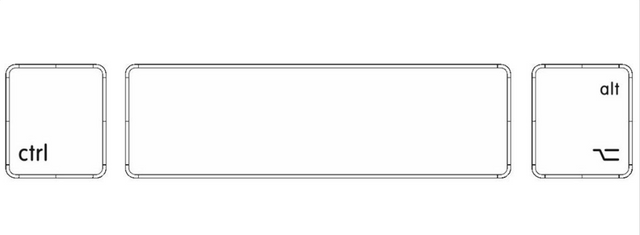Visions

Let's talk about Utopian and Tragic worldviews, which can be mapped (like a shadow cast, with loss of dimensions) as liberal and conservative positions.
A rough sketch: In the Tragic Vision, human wisdom and kindness are fundamentally limited, and any social arrangement should take this into account. In the Utopian Vision, our limitations are the result of our social arrangements, and we should not let our view of what is possible be clouded.
These two positions each seem to form bedrock and base of political ideas and actions; we hardly examine the ground beneath our feet unless we are wading through swamps. Looking at the world, most of us are rarely "in the swamps"; we arrive at seemingly obvious positions on the basis of seemingly self-evident premises, which are, precisely because they are taken for granted, not in our field of vision.
Let's look at those positions and turn our attention to the Utopian Vision. According to it, human limitations are the result of the social structure. Hence follows the possibility of constructing society in such a way that those limitations are lifted; it is a question of will. If attempts fail due to the resistance of others, their will must therefore be contrary. Since lifting limitations is an inherently good aim, there follows a certain malice of those who resist, which is why they must be fought in the service of the good cause. The nobler the end, the more radical the allowed means to achieve it.
Now for the Tragic Vision. From its point of view, the "good society" is less a question of will than of ability. It points to gathered experience and failed approaches. It opposes utopian projects predicted to fail based on said experiences. This resistance is, as described above, understood on the side of the utopists as being guided by lower motives, which appear to have an egotistic priority over the goal of the good society.
Yet, the resistance is often guided by the same moral principles; those that want better conditions for all. But they are based on different premises, including the inherent limitation of a human character that cannot live up to certain concepts. They too want the good society, but believe they can only achieve it if our limitations are regarded as a factor in the pursuit rather than being the goal of change themselves.
Two remarks on side effects that almost always obscure the view:
There may be many advocates of the Tragic Vision who don't give a damn about the good society, who only want to secure their own sinecures and therefore sail under a conservative flag.
There may be many Utopians who don't care about the good society, who feel being left behind, who hope for personal benefits from social restructuring and therefore sail under a "progressive" flag.
Only those who adapt their living conditions intelligently and with foresight can lead a good life. Your fellow human beings are part of these conditions. Their malleability is disputable.